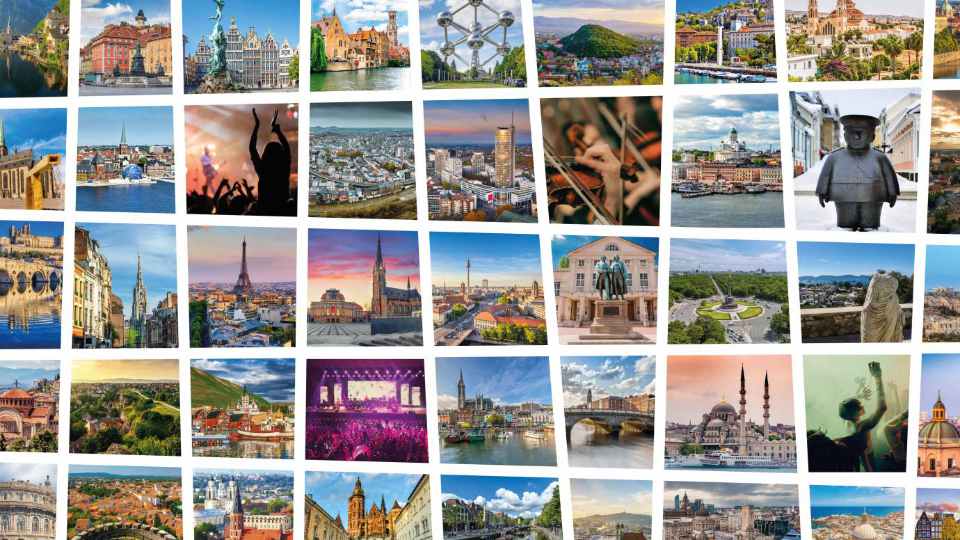A new evaluation by the European Commission confirms that the “European Capitals of Culture (ECoC)” initiative remains, even after four decades, one of Europe’s most successful cultural projects. It continues to contribute to the development of tourism, cultural activity, investment, and social inclusion, as well as to the growth of local communities and international cooperation.
According to the report prepared by the European Commission, based on an external study by Ecorys Europe and KEA European Affairs, the initiative has had a deeply transformative impact on both cities and their communities. Since its launch in 1985, it has proven to be an influential, cost-effective, and relevant driver of cultural and social change across Europe.
The aim of the evaluation is to assess how the initiative has been implemented and what results it has achieved. It highlights good practices and lessons learned that can serve as inspiration for future European Capitals of Culture, as well as for all European cities seeking to strengthen their cultural scene. The evaluation also outlines the directions for the programme’s further development beyond 2033.
The evaluation process is based on a combination of quantitative and qualitative methods — from interviews and focus groups to statistical analyses and document reviews. It covers cities that have held the title of European Capital of Culture between 2013 and 2023, as well as those that applied for the title between 2020 and 2028.
The research includes 64 interviews with representatives of EU institutions, national and local authorities, and organisations; 6 focus groups with experts and city representatives; analysis of previous evaluation reports using a specialised tool with around 60 indicators; a review of 199 literature sources and 38 statistical indicators; a public consultation with 60 responses, 8 case studies, and a final workshop dedicated to validating the findings and exploring future directions for the programme’s development.
Key Findings
Attracting More Visitors
Between 2013 and 2022, host cities organised an average of 1,000–1,200 cultural activities per year, reaching a total audience of 38.5 million people. Visitor numbers increased by 30–40% on average, contributing to greater international visibility and the growth of cultural tourism.
Boosting Investment
The initiative has proven to be financially efficient: with only €3–5 million of EU support annually, it has generated around €900 million in cultural investment across Europe.
Long-Term Effects
Cities awarded the title often record increased cultural budgets, with lasting benefits in urban regeneration, civic participation, and the strengthening of cultural and creative sectors. The action also promotes inclusiveness by engaging groups that are usually less active in cultural life.
European Dimension
The report underlines the added value of the initiative in fostering international cultural cooperation, enhancing Europe’s cultural diplomacy, and promoting a shared European identity.
As the European Capitals of Culture initiative continues to evolve, this evaluation will serve as a foundation for preparing a new legal framework that will cover the period beyond 2033.
More information about the evaluation you can find here
